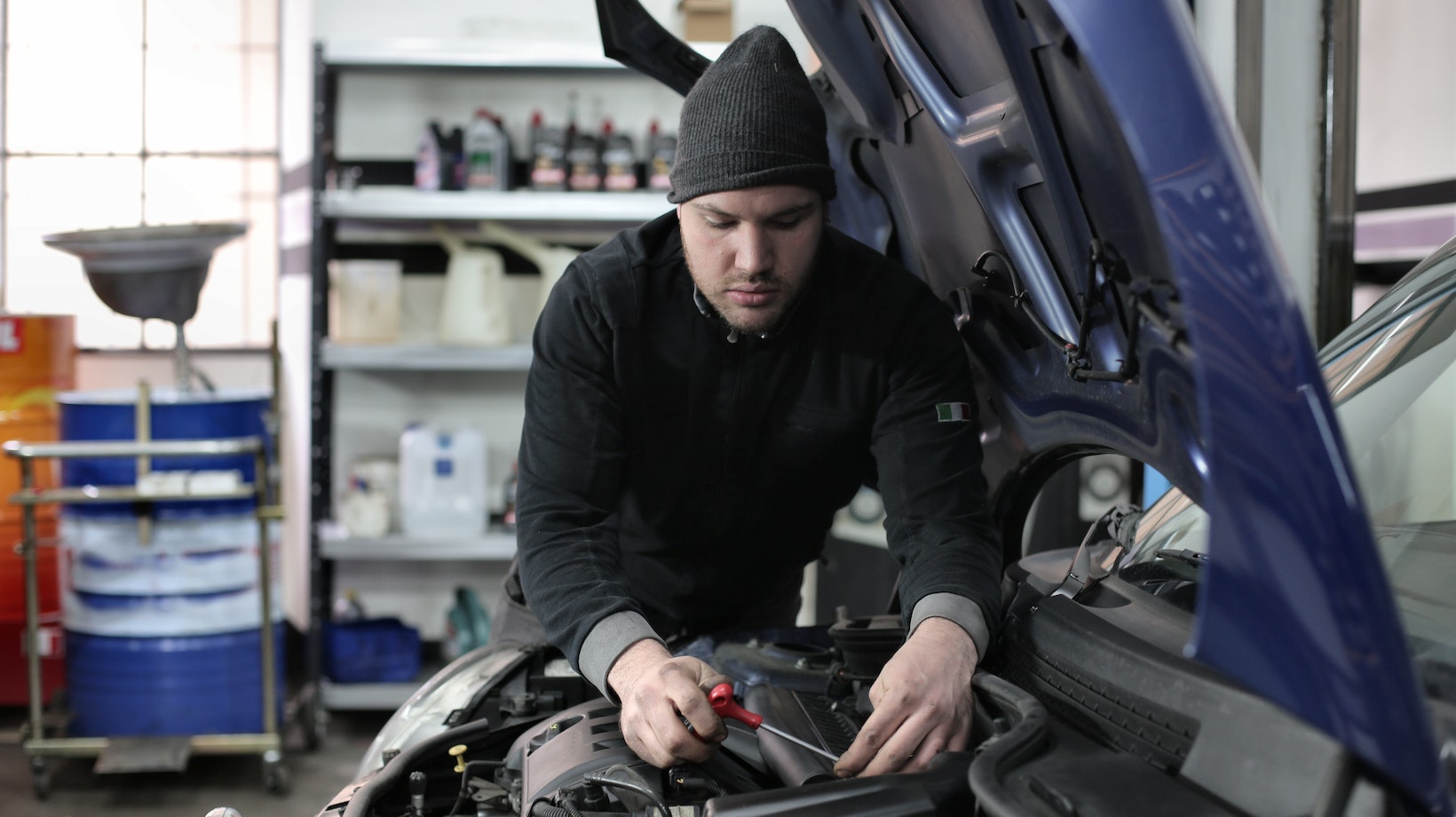
Car repair scams are unfortunately not uncommon, and one tactic that fraudulent mechanics may use is providing fake auto repair receipts. These receipts may contain inflated charges for services that were never actually performed on your vehicle. This deceptive practice not only costs customers unnecessary expenses but also undermines trust in the automotive industry as a whole.
Car Repair Fake Auto Repair Receipt
When it comes to car repairs, trust is paramount. Unfortunately, there are unscrupulous individuals who take advantage of unsuspecting car owners by providing them with fake auto repair receipts. These forged documents can cause a host of problems and leave car owners feeling frustrated and cheated.
So, how can you spot a fake auto repair receipt? Here are some common signs to watch out for:
- Inconsistent or vague information: Authentic auto repair receipts contain detailed information about the services performed, including specific parts replaced and labor costs. Fake receipts often lack this level of detail or provide generic descriptions that don’t align with the actual work done.
- Unprofessional formatting: Legitimate auto repair invoices typically follow a standardized format, including the repair shop’s logo, contact information, itemized charges, and payment details. On the other hand, fake receipts may appear hastily put together or have spelling errors and inconsistent fonts.
- Suspiciously low prices: If you notice that the total cost on your receipt seems unusually low compared to what you would expect for the services provided, it could be a red flag for a counterfeit document. Fraudsters may use enticingly low prices to lure in customers while cutting corners on quality repairs.
How Fake Receipts Impact Car Owners
The consequences of falling prey to fake auto repair receipts can be far-reaching for car owners:
- Financial loss: Perhaps the most obvious impact is financial loss. By presenting inflated or fraudulent charges on these phony receipts, dishonest mechanics can cheat unsuspecting customers out of their hard-earned money.
- Compromised vehicle safety: Car repairs are not just about fixing cosmetic issues; they contribute to ensuring your vehicle’s safe operation on the road. With fake receipts, there’s no guarantee that proper repairs were carried out or that substandard parts were not used, putting your safety at risk.
- Voided warranties: Many car manufacturers and extended warranty providers require documented proof of repairs to maintain the validity of warranties. If you unknowingly use a fake receipt, it could void any existing warranties on your vehicle, leaving you responsible for costly repairs in the future.

How To Spot A Fake Auto Repair Receipt
When it comes to car repairs, receiving an accurate and legitimate receipt is essential. Unfortunately, there are instances where fake auto repair receipts circulate, causing confusion and potential financial harm. To protect yourself from falling victim to this deceptive practice, here are some key indicators to help you spot a fake auto repair receipt:
- Incomplete or Generic Information: Authentic auto repair receipts should contain detailed information about the service provided, including the name of the repair shop, address, contact details, and the mechanic’s name. Be wary of receipts that lack specific information or use generic terms instead.
- Poor Quality Printing: Pay attention to the overall print quality of the receipt. Genuine receipts typically have clear and sharp printing without any signs of smudging or fading. Poorly printed receipts may indicate a counterfeit document.
- Inconsistent Branding: Legitimate auto repair shops often have their branding elements such as logos, colors, and fonts consistent across all communication materials. If you notice any inconsistencies in branding on the receipt compared to other official documents or signage at the shop, it may be a red flag.
- Unrealistically Low Prices: While everyone appreciates a good deal on car repairs, unrealistically low prices listed on the receipt should raise suspicions. If it seems too good to be true, it probably is! Research average market prices for similar repairs in your area to get an idea of what’s reasonable.
Remember, spotting a fake auto repair receipt requires attention to detail and skepticism. By being proactive in verifying the authenticity of your receipts, you can protect yourself from potential scams and ensure fair and transparent car repairs.







































